Who are the chaperones and what did the women of this profession do
Fans of old English novels have probably encountered such a concept as a "companion" more than once on their pages. These women are also present in many Agatha Christie detectives. It is difficult to understand from the books who these ladies are and what duties they performed. Many people are generally sure that this is such a kind of servant, but it is not so. What did the companions do and why did the aristocrats need them so much?
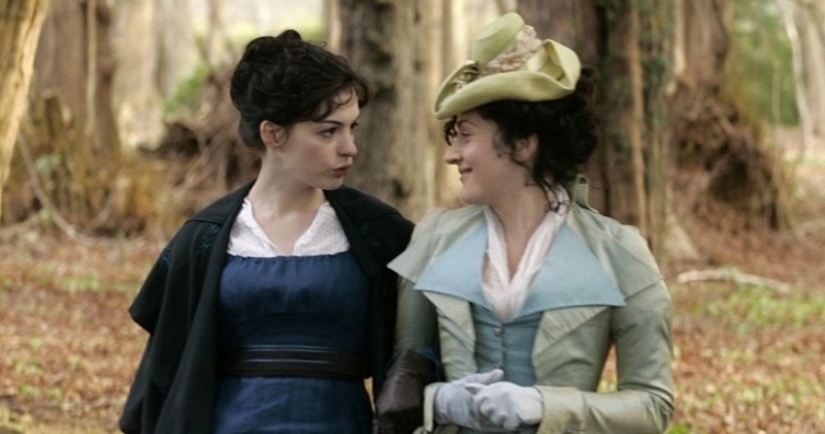
The chaperones were not servants, but they could not be called friends of aristocrats either. They appeared in the 18th century in England, but the heyday of this profession occurred in the Victorian era. A companion was not a whim, but an urgent necessity for a noble lady. At a time when it was indecent for a woman to be alone with an outsider, a companion helped out in many cases.
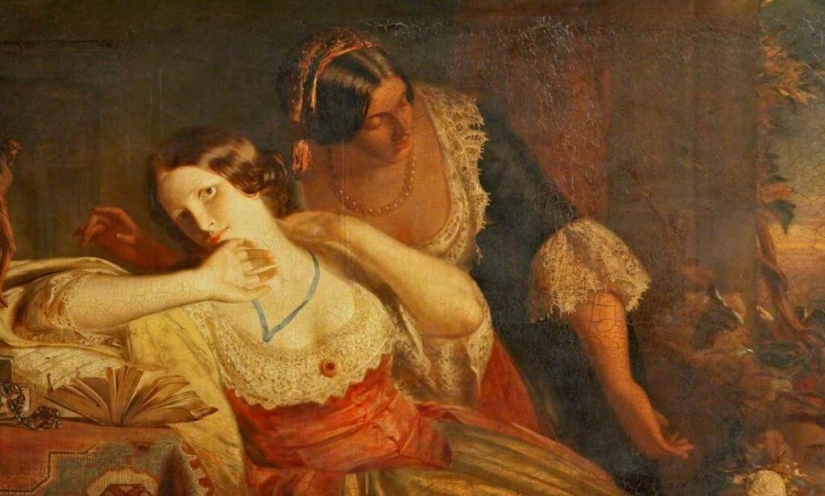
A woman appearing in society alone was suspicious and generated not always pleasant rumors around her person. The servants were not taken into account, since the ethics of that time excluded her presence during the communication of the masters. The aristocrat needed, if not an equal companion in status, then at least an educated and trained in good manners.
But they got companions not only for the sake of observing the rules of decency. A couple of centuries ago, a woman's life was not particularly diverse. Most of the time the ladies spent at home, and it was boring to constantly sew or read. The companion kept her mistress company, talking to her on a variety of topics and playing board games with her.
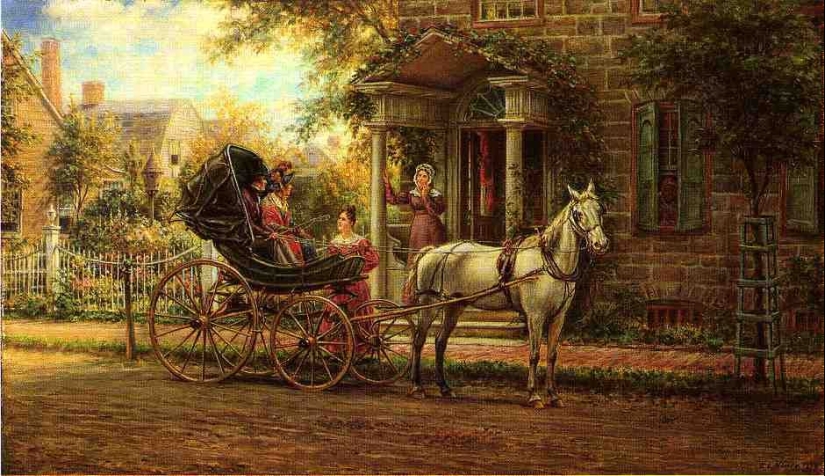
Such a companion was especially valuable during travel. A trip that takes several hours nowadays, in the 19th century could last a week or even more. A tedious voyage in a carriage was easier to endure in the company of a pleasant companion. The chaperone also played an important role in the arrangement of the lady's personal life. Thanks to the companion, the presence of a male guest in the house of a single woman lost its piquant shade. The woman got the opportunity to communicate with potential suitors and even flirt.
By her status in the house, the chaperone was much closer to the hostess than any other hired workers. She did not live in the servants' quarters, but next to her family. She had a place at the master's table and the right to give orders to the servants. Most of all, she looked like a relative of her employer, who came to stay and for some reason stayed.
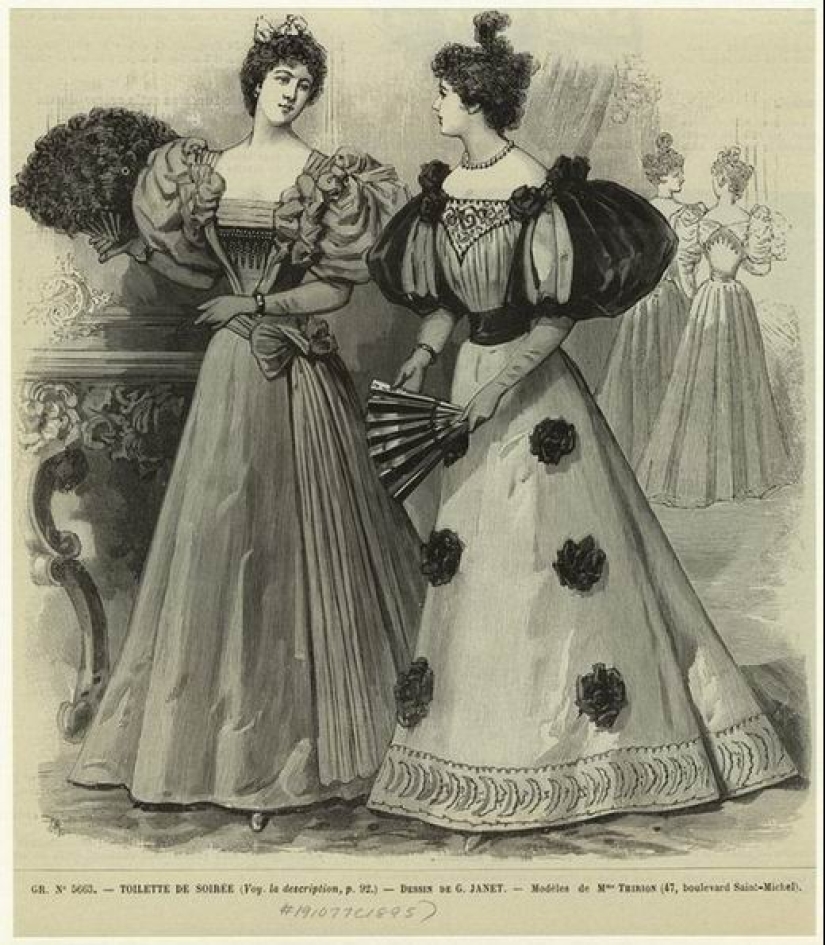
Despite all the privileges, there was no question of the equality of the companion and the hostess. The differences in the financial situation of these women were decisive. They did not become companions for pleasure, but to ensure a decent standard of living. Most often they were noblewomen who, by the will of fate, lost their source of income. It was incredibly difficult to find such a lady a job so as not to lose her status.
Among the employment options, the profession of a governess was also considered. But working with children was not suitable for everyone, as it required strong nerves and some experience. But it's much easier to work as a companion — you just need to stay yourself, not let your employer get bored and do her errands.
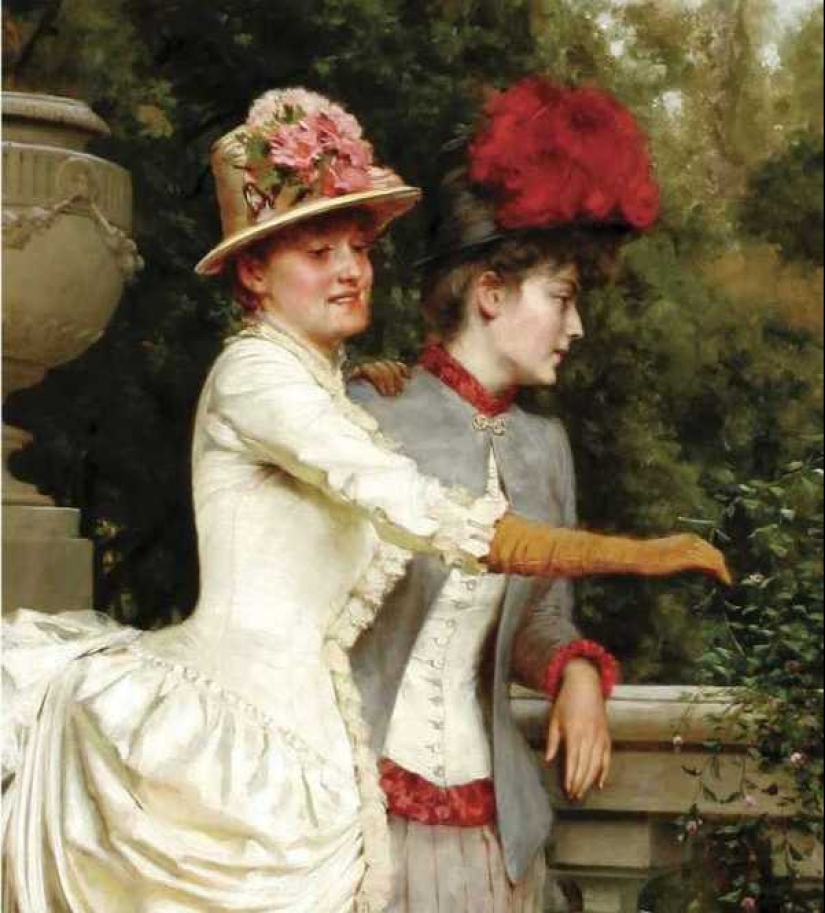
Usually, the chaperones accompanied the ladies during trips and outings, participated in the reception of guests, provided communication and company in games. In addition, the chaperones often helped organize the work of the servants, and if the hostess did something herself, they actively assisted her. The demand for chaperones existed in the UK until the middle of the 20th century. After the Second World War, the decline of this profession came and now it is forgotten.
Were the companions happy? It is quite possible that some of them were happy with their fate. But most women were oppressed by the fact that they live in someone else's house and depend on its owners. The interests of the companion became the hobbies of her employer and they did not always coincide with their own.
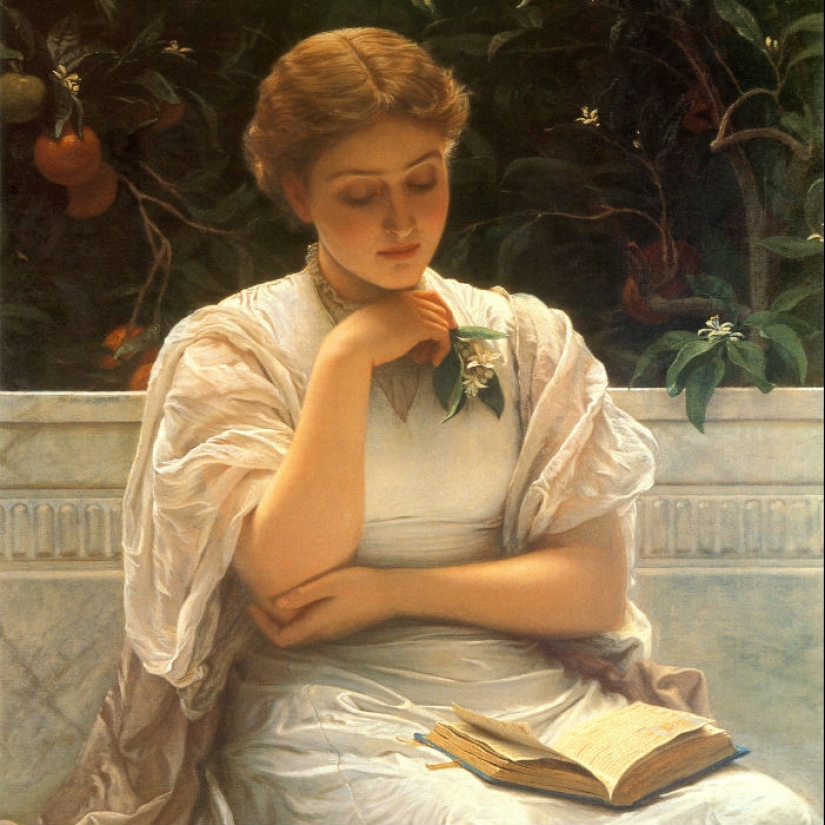
Instead of building her own life, such a lady watched someone else's "from a short distance". There is nothing strange in the fact that in the books of Agatha Christie, companions often turned out to be murderers of housewives. Of course, there were those who admired their position. It was nice to live on a ready-made, travel, go out, and get paid for it, too.
Recent articles

American Alex Greenberg, who moved to China, collects funny and brain-bearing examples of Chinese fashion in his Shanghai Observed ...

New Year is a holiday of magic and fulfillment of wishes. Naturally, I want this holiday to be remembered for a long time and to be ...

In a recent issue of sexual harassment on everyone's lips. Inappropriate and Intrusive signs of attention began to see around, even ...